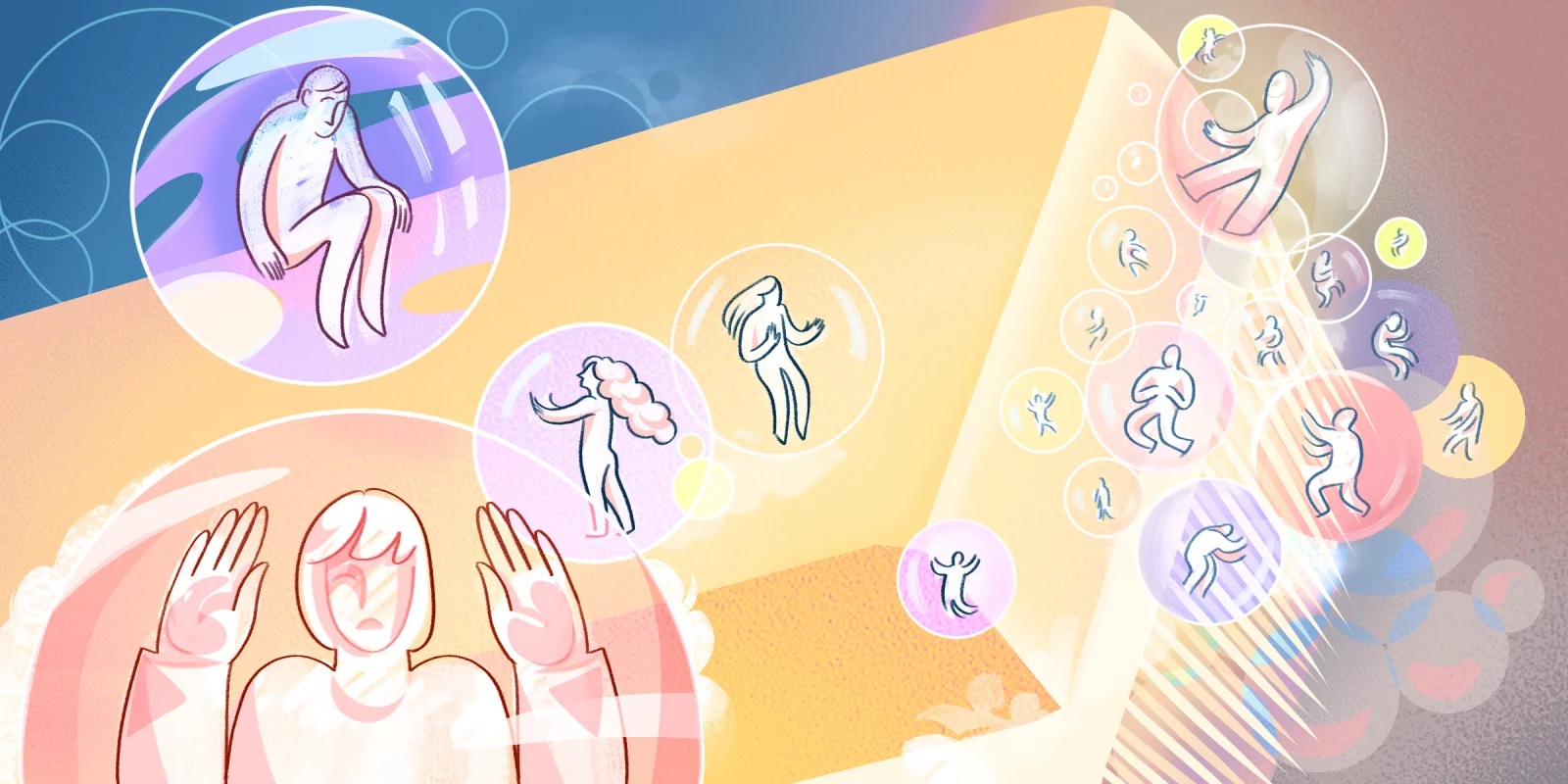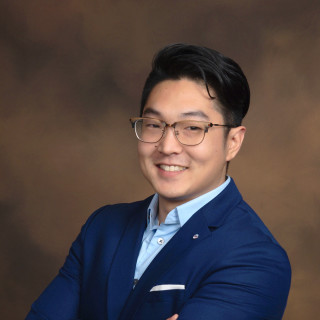“This year doesn’t count.” She was as much proclaiming to me as she was reassuring herself, it seemed, of this truth. A quick glance at her chart gave me a very different impression; this was her third hospital admission for withdrawal, fifth for the year, the other two for major depressive episodes. I tell her that, compared to the preceding decade that was free of any such things, it seemed to me that this year very much “counted” and that it was important to take some time to examine it, to maybe think about some lifestyle changes she could make or medications to help curb her alcohol abuse. But she kept on.
“Nah, this year was just, nah. This year just doesn’t count. It’s nothing, it’s just a bad year, all this pandemic shit going on, I just, it just doesn’t count. I just want to get back to normal. Then I’ll be fine again.” She trails off, so I go silent. A moment of mutual understanding settles in the room: This year doesn’t count. It doesn’t count because I couldn’t graduate this year, I couldn’t do family Thanksgiving this year, I couldn’t visit the beach this year, I couldn’t start that new job this year. It doesn’t count because if it counts, I missed my nephew’s birthday, I missed my visit with Mom this year, I missed going to that festival this year.
It doesn’t count, because if it counts then I’m out a whole year of my life.
It doesn’t count, because damn it, we don’t count lost years.
If the definition of a “lost year” is those missed vacations, holidays, celebrations, and not being able to see our friends, family, and loved ones, then nearly all of us in our journey to and through medicine have had a "lost year." In fact, it’s par for the course. Ask any one of us.
It goes further than just missing social engagements, keeping up with friends, and seeing our loved ones, too. The path to becoming a physician is fraught with make-or-break milestones, where a single exam can set someone back anywhere from months to years, not to mention the financial cost. Personally, I had to repeat a semester of medical school (meaning I also had to take on more debt), delay my match a whole year, and reschedule my licensing exams (which was an added cost to registering for the exam itself, of course). And I consider myself one of the lucky ones.
Some of my classmates didn't match at all and had to apply through the SOAP (formerly known as “the scramble”): a nerve-wracking 4-day window where thousands of unmatched applicants vie feverishly for the few unmatched positions left by the NRMP’s algorithmic MATCH process, While a few came out of the process with a spot, many more still "lost" that year. I even know some colleagues who have failed to match for 2, 3, 4, even 5 cycles, who have needed to recertify and retake board exams. I remember thinking about how incredibly difficult it must be for them in particular: fighting to remain relevant, asking themselves whether it's worth continuing, and ultimately left wondering, year after lost year, whether they were ever meant to be a physician at all.
One could argue that these were foreseeable risks, possibilities that many of those who have gone before us often tell us to plan for but pray to never have to endure. COVID-19, on the other hand, blindsided us, and in a lot of ways gave everyone a taste of what that's like. Not just to have your life be put on hold, but to have the hope of a future stripped away from you because of it, to have to look in every nook and cranny of your own crumbling sanity for a reason to keep going.
The kicker here is that everyone has decided that this is no big deal for physicians, because at the end of the day if we make it through all that we get paid "the big bucks." We shouldn't feel too anxious, or depressed, or afraid, or even a little bit frustrated, because "it all pays off in the end." But now, with this pandemic, many people outside the profession see that the lingering effects of this kind of "lost time" can't be just paved over with pats on the back, high-fives, and "returning to normal," much less by just having more money. There is an irretrievable cost that we all paid to make it this far. A cost that might never really be paid back. I also think it’s no coincidence that recent research has shown that the prevalence of depression among the general population (both in the U.S. and many other countries) after the last year is actually very close to that among medical students and residents over the last 5 years. For example, these pre/post-COVID surveys indicated that roughly 52% of all participants experienced depressive symptoms over the past year, whereas prevalence of depressive symptoms of medical residents can be as high as 48% in their first year. It’s also a well-documented fact that suicide rates among physicians are nearly double that of the national rate.
I think, as physicians, we are uniquely positioned to not just be health care leaders in a time like this, but emotional, psychological, and cultural ones. Right now, COVID-19 precautions, immunizations, public health measures, and the like, are all immensely important, but the other part of it, the emotional toll it had, the lingering disappointment of lost time, and that slow-burn anxiety that so commonly accompanies this kind of prolonged uncertainty, is something we can help others navigate as well, because we’ve ridden this rollercoaster before.
We’ve all had to find ways to stay hopeful, inspired, and aggressively optimistic in the face of all those things. That means we can be the ones to lead others through it, too. We can reflect on our own stories and share them with our patients, friends, and families. By doing so, we aren’t just reassuring them that there’s a way out of this soon, we’re able to help them see that even if there isn’t, it doesn’t mean giving up or giving in is the answer. We know, in a much more intimate way, what it means to “find a way out” or “find a way through.” We know that every year counts, no matter how bad it seems.
We know that there is no such thing as a “lost year.”
Have you "lost" a year (or years) to medicine? Share in the comments.
Tim Hsu, MD is a big ball of yarn. He spends most of his time being batted around by his cat. In his free time he reads, plays video games, and occasionally gets some work done. You know, just a typical psychiatry resident. He is a 2020–2021 Doximity Op-Med Fellow. All names and identifying information have been modified to protect patient privacy.
Illustration by April Brust







